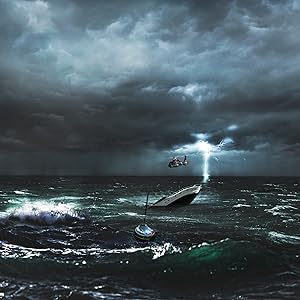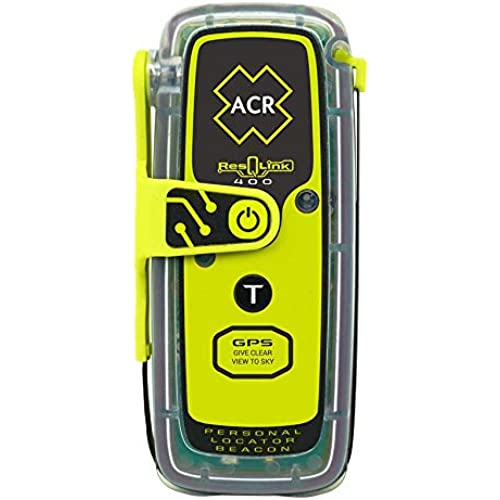
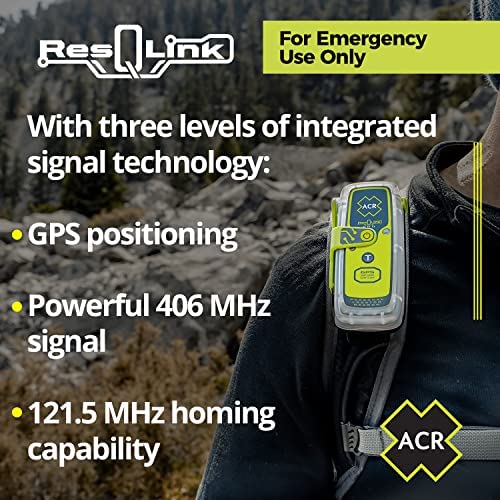
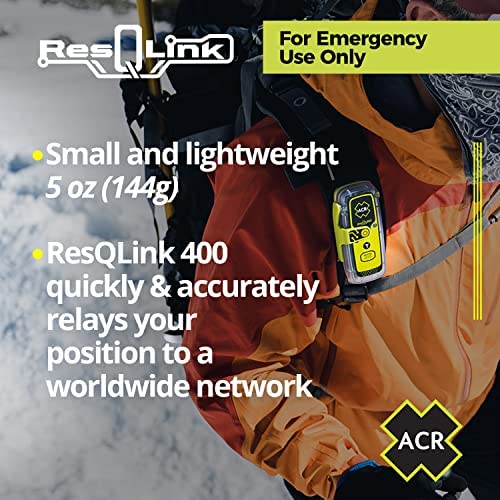
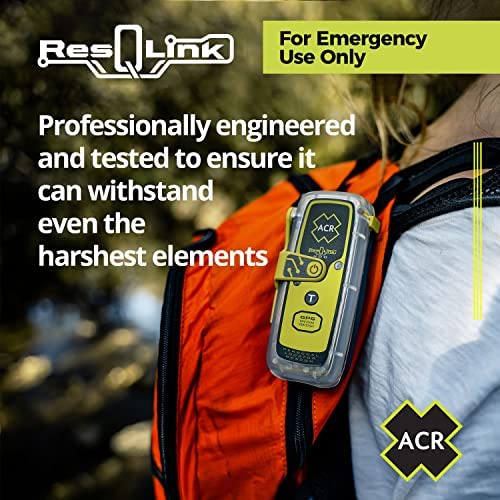
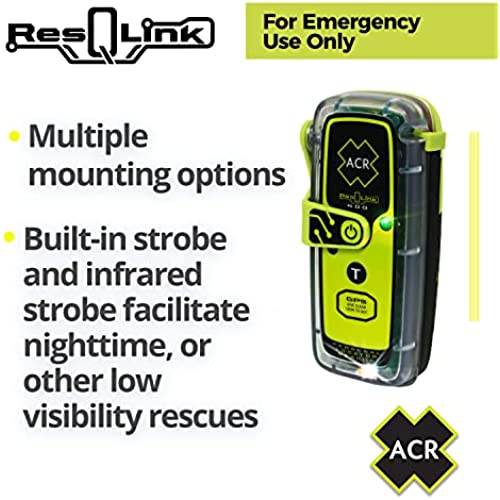
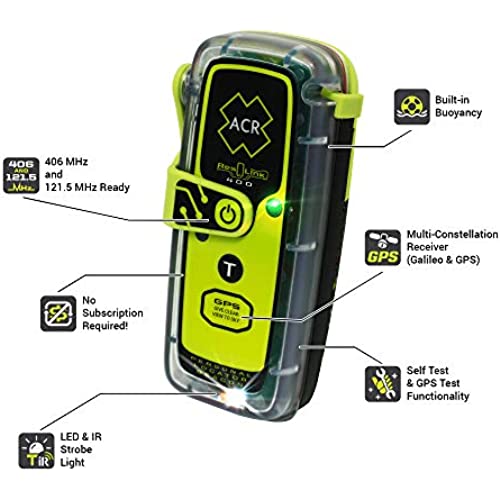
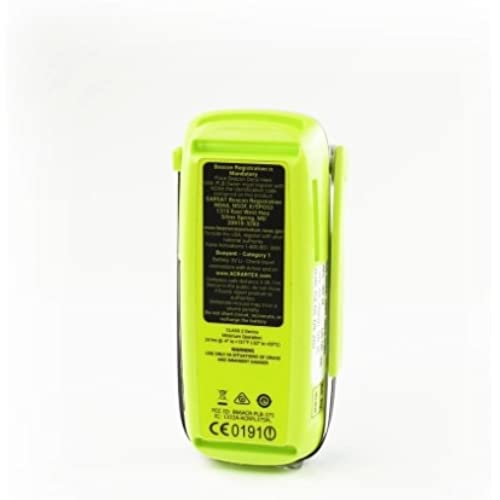







ACR ResQLink 400 - SOS Personal Locator Beacon with GPS (Model: PLB-400) ACR 2921
-

Cory K.
> 24 hourI unfortunately lost my first ResqLink, so this replaced it. I registered it with NOAA and Im all setup again. Great to have when youre out at sea. I kayak a lot and it offers a peace of mind.
-

Xeiot
> 24 hourHope I never have to use it but well worth the insurance. Individual registration is required, free and easy to do with provided instruction.
-

TaraM
> 24 hourMy husband purchased this and was very pleased with the ease of setting up and registering. We have had to use it yet, but definitely gives me piece of mind knowing we have it with us.
-

Tim Green
> 24 hourBought for hiking and was happy with the unit. Until I went to test and it failed the battery test. Had to drive two hours to the nearest authorized battery replacement dealer; informed it was not the battery, I needed to contact the company about warranty. Good luck! Customer service sucks...if you can even get hold of someone!
-

BBDD
> 24 hourPurchased this for my parents. 1 week past the return deadline they tried to register it and found out its for the United Kingdom, not the US as advertised. So now it appears Im stuck with a $400 paper weight.
-

Clayton A. Tomlinson
> 24 hourVery good experience. Arrived on time great price. Easy to understand how to use it. I go offshore and it adds another level of safety
-

Jonathan P.
> 24 hourA must have for any boater. I fish solo and keep this teathered to my lifejacket at all times. Well worth the price for piece of mind.
-

James
> 24 hourI need one to go offshore. It did the job I need it to.
-

Gerry Ullrich V
> 24 hourExpiration date was fresh five years out . I can relax now when beyond cell service
-

Tracy Lueilwitz
> 24 hourThis is my second PLB from ACR. I still have my first in my sailing bag but, this one is for Winter travel. I drive all accross Washington, Oregon and some of Idaho. Once your away from cities, cell phones become less reliable. I have whitnessed some really terrible accidents in pretty remote areas. This PLB is my Just In Case back up.

